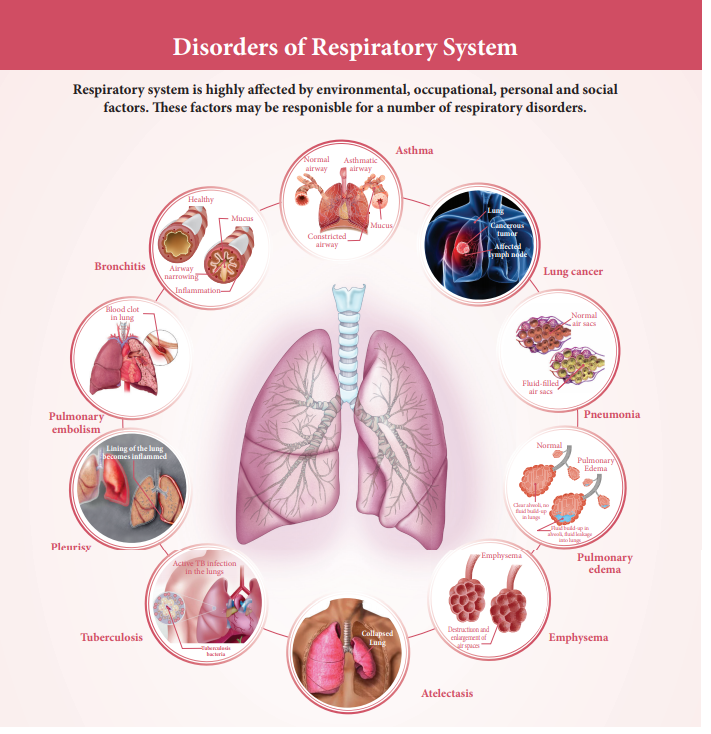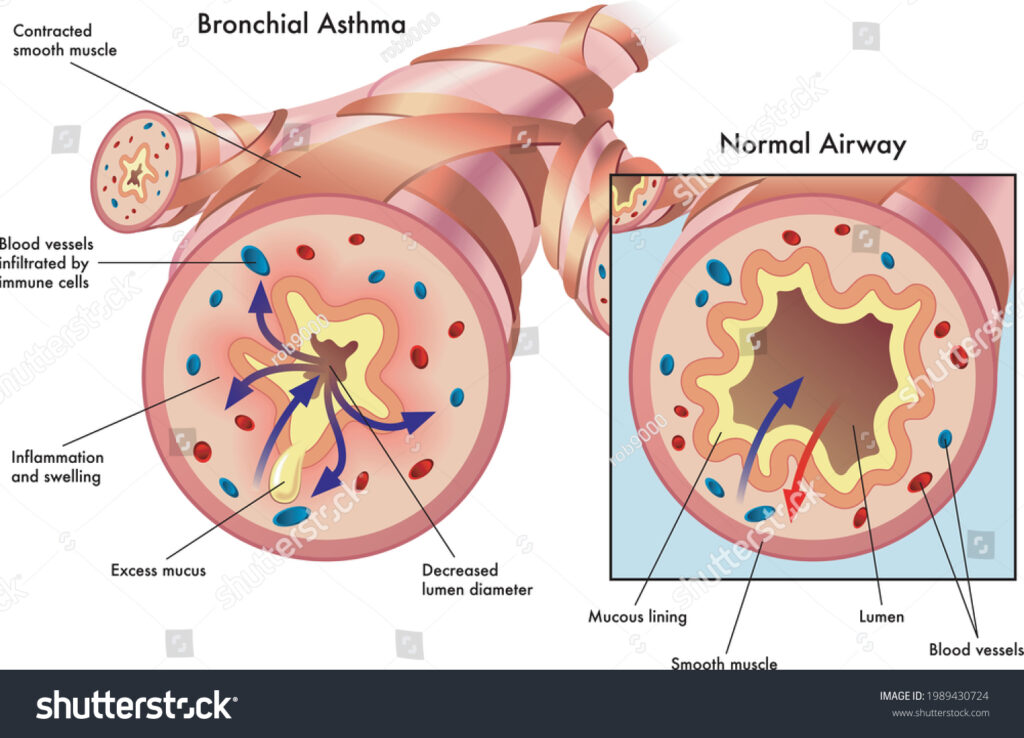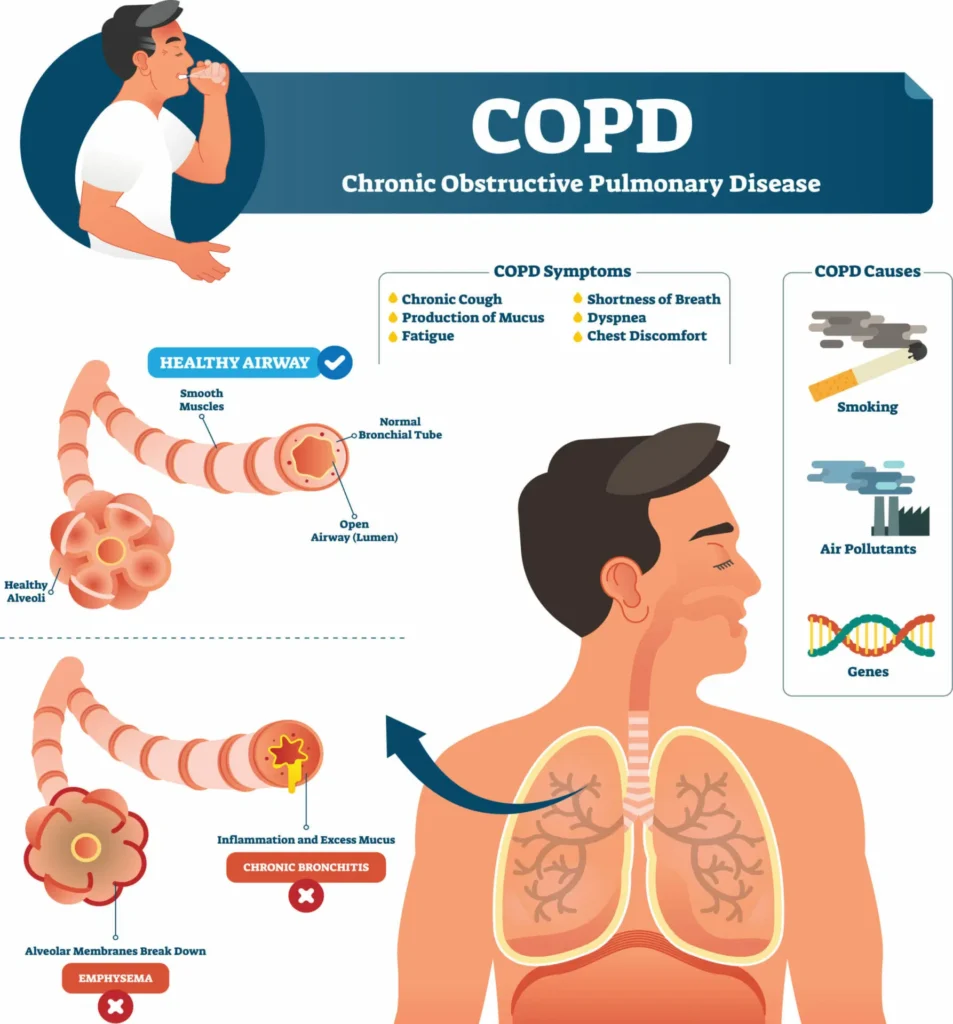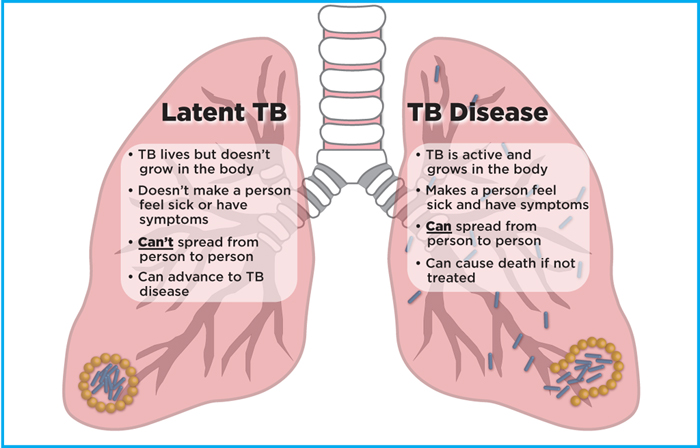
ABSTRACT:
In this article, we will discuss about the disorders of human respiratory system. The human respiratory system plays a vital role in supplying oxygen to the body and removing carbon dioxide. However, various disorders can affect this intricate system, leading to respiratory difficulties and potentially compromising overall health. We will also discuss about the fascinating causes and effects of various diseases of human respiratory system. We will also provide related references to understand the concept deeply.
INTRODUCTION OF DISORDERS OF HUMAN RESPIRATORY SYSTEM:
The human respiratory system plays a vital role in supplying oxygen to the body and removing carbon dioxide. However, various disorders can affect this intricate system, leading to respiratory difficulties and potentially compromising overall health. This article aims to shed light on some common disorders of the human respiratory system, providing a brief overview of each condition and referencing relevant sources for further exploration.
DISORDERS OF HUMAN RESPIRATORY SYSTEM:
1. ASTHMA:
Asthma is a chronic respiratory disorder characterize by inflammation and narrowing of the airways, resulting in recurring episodes of wheezing, coughing, chest tightness, and shortness of breath. It affects people of all ages and can triggered by allergens, exercise, or environmental factors.

2. CHRONIC OBSTRUCTIVE PULMONARY DISEASE:
COPD is a progressive lung disease that encompasses chronic bronchitis and emphysema. It primarily caused by long-term exposure to irritants such as cigarette smoke, air pollution, or occupational hazards. COPD leads to airflow limitation, persistent cough, excessive mucus production, and difficulty breathing. The Global Initiative for Chronic Obstructive Lung Disease (GOLD) provides comprehensive guidelines on COPD management.

3. PNEUMONIA:
Pneumonia is an infection that inflames the air sacs in one or both lungs, causing them to fill with fluid or pus. It can cause by bacteria, viruses, or fungi and often associated with symptoms like fever, cough, chest pain, and difficulty breathing. The American Lung Association offers detailed information on pneumonia, its causes, prevention, and treatment.

4. TUBERCULOSIS:
TB is a bacterial infection caused by Mycobacterium tuberculosis. It primarily affects the lungs but can also target other organs. Symptoms include persistent cough, weight loss, night sweats, and fatigue. The World Health Organization (WHO) provides extensive resources on TB, including global statistics, prevention strategies, and treatment guidelines.

5. CYSTIC FIBROSIS:
CF is a genetic disorder that affects the lungs and other organs, causing the production of thick, sticky mucus. This mucus obstructs the airways, leading to recurrent lung infections, persistent cough, and breathing difficulties. The Cystic Fibrosis Foundation offers comprehensive information on CF, research updates, and patient support resources.

CONCLUSION-DISORDERS OF HUMAN RESPIRATORY SYSTEM:
The human respiratory system is susceptible to various disorders that can significantly impact an individual’s quality of life. Asthma, COPD, pneumonia, tuberculosis, and cystic fibrosis are just a few examples of respiratory conditions that require proper diagnosis, management, and treatment. By referencing reputable sources such as the AAAAI, GOLD, American Lung Association, WHO, and Cystic Fibrosis Foundation, individuals can gain a deeper understanding of these disorders and seek appropriate medical guidance.
REFERENCES:
American Academy of Allergy, Asthma & Immunology (AAAAI) – https://www.aaaai.org/
Global Initiative for Chronic Obstructive Lung Disease (GOLD) – https://goldcopd.org/
American Lung Association – https://www.lung.org/
World Health Organization (WHO) – https://www.who.int/
Cystic Fibrosis Foundation – https://www.cff.org/


